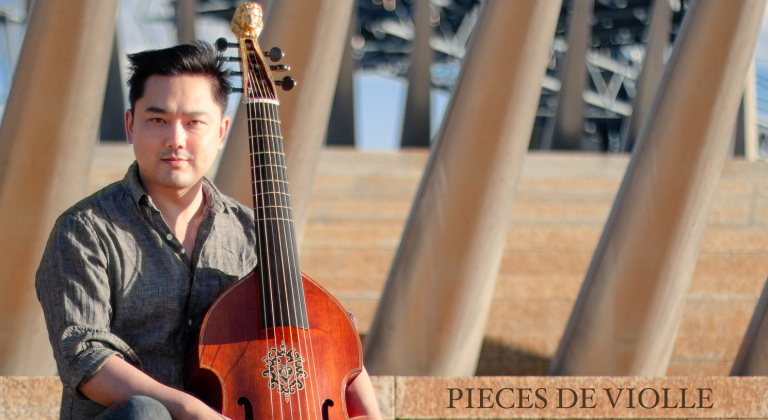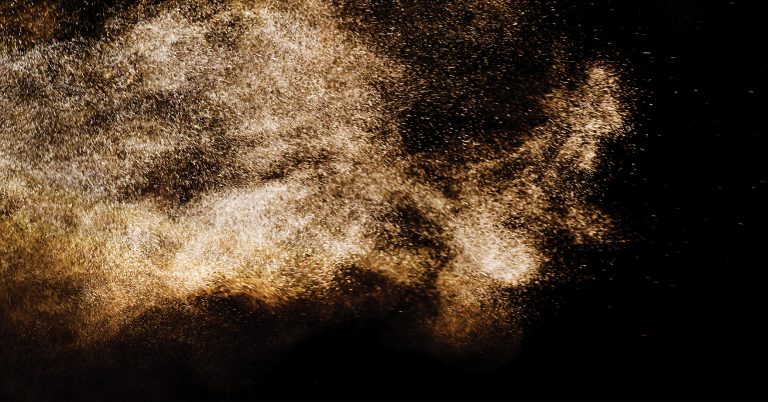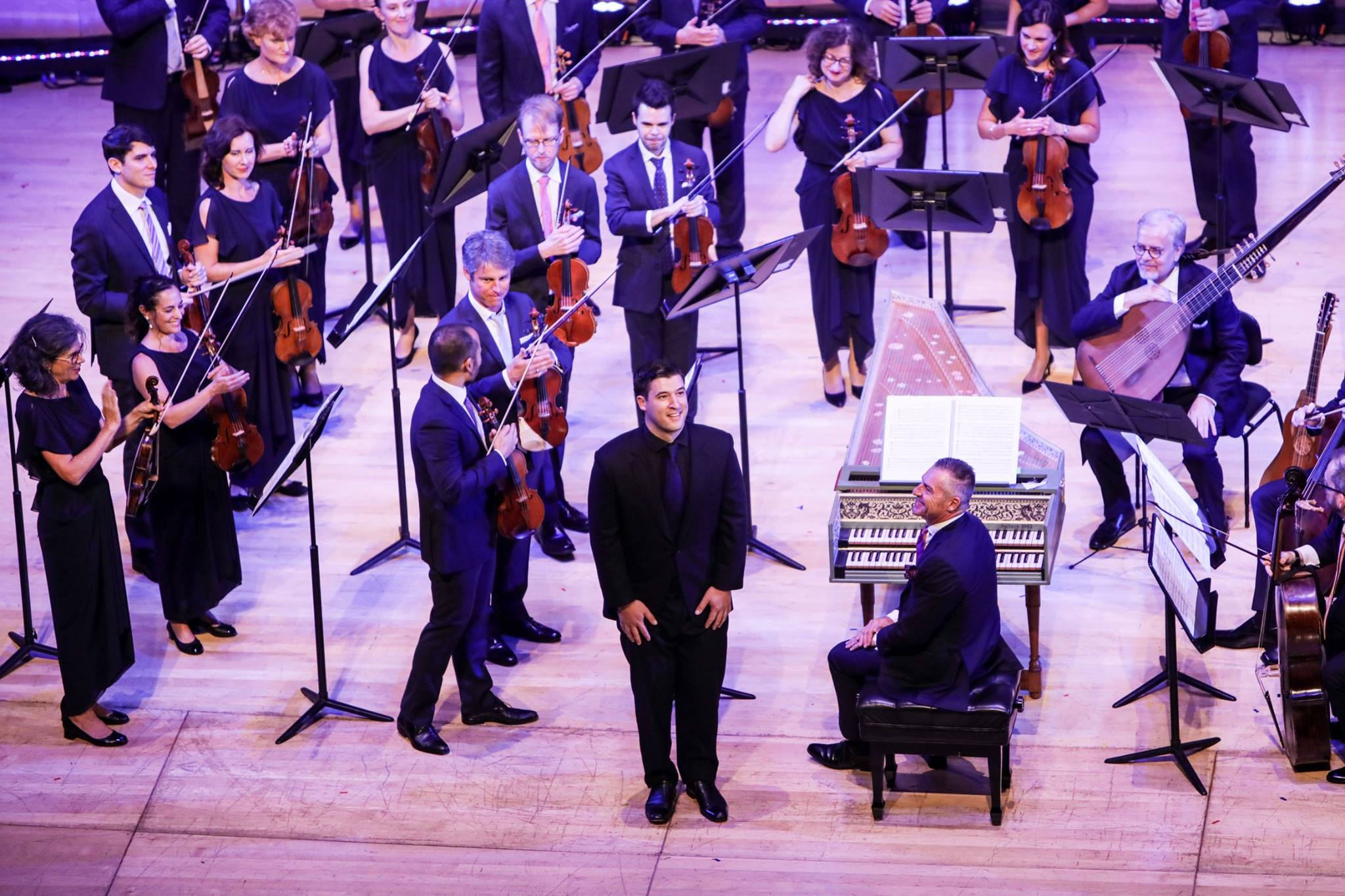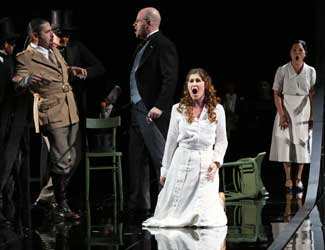Concert Review: Fantasia/ Sabine Meyer/ Alliage Quintett

Fantasia
Sabine Meyer/Alliage Quintette
City Recital Hall
26 February 2018
It was something akin to a family gathering when German clarinet virtuosa Sabine Meyer and the Alliage Quintette performed Fantasia for Musica Viva. Fantasia was for Meyer, a welcome return to Australia and for the quintet, their national debut. The Alliage Quintette is no regular assemblage of stringed instruments. Instead, it comprises four saxophonists, Daniel Gauthier, Hayrapet Arakelyan, Simon Hanrath and Sebastian Pottmeier, playing respectively soprano, alto, tenor and baritone saxophones with pianist Jang Eun Bae. And here’s where the family connection lies – the Hornbostel-Sachs classification (which is to musical instruments what the Dewey Decimal System is to books), places the saxophone firmly within the parentage of the clarinet of the clarinet family.
Armed with this knowledge it was plain to see that Fantasia was a novel exploration of the possibilities of these instruments and an affirmation of their versatility and interchangeability of style.
Despite being instrumental relatives, the two single-reed Aerophones (as Hornbostel-Sachs calls them), are more different than they are alike. Although they are played in a similar way, their mouthpieces are different and the reed of the saxophone is slightly broader, which creates a lesser blowing resistance. Also, saxophones have a conical central cavity while clarinets have a bore that widens only slightly at its end. Nonetheless the two relatives are well-matched in sound and complementary in approach. The evening’s artistry was a testament to the success of this collaboration.
During her last tour in 2011, Meyer performed a fairly conventional programme which included Brahms’ Clarinet Quintet in B minor, opus 115, a new commission from Ian Munro, Clarinet Quintet, ‘Songs from the Bush’ and a rendition by her then touring partners, the Modigliani Quartet. of Debussy’s String Quartet in G minor opus 10.
For this tour, the ensemble eschewed the conventional and performed (mostly) 20th century music specially arranged for the unusual though related mix of instruments. The clarinet is a century and half older than its younger cousin. The first documentation of the clarinet was in early 18th century Germany, while the Belgian-born Adolphe Sax devised his instrument in the mid-19th century introducing it in 1841 in Brussels and 1842 in Paris. Composers and performers embraced this new instrument with its exciting new timbres and range. Sax himself founded a saxophone quintet of his own.
The evening’s program comprising music, mostly written after the invention of the saxophone, was entitled Fantasia, as it was inspired by literature and fairy tales. It was indeed a brilliantly performed and entertaining playbill which relied on the arrangers as much as the composers and performers to bring the re-invented music to life. Leonard Bernstein’s jaunty Overture to Candide, arranged by Israeli pianist, composer and arranger Itai Sobol, (b 1976) set the scene with the piano given the task of driving the rhythm as the wind instruments romped brightly along weaving in and out of the melodic line. Paul Dukas’ maniacal portrait of The Sorcerer’s Apprentice arranged by German bassoonist Rainer Schottstadt (1951-2016), cast the saxophone as far more menacing and furtively comical, even bumbling at times.
Direct links with history are always fascinating. Editor and arranger Levon Atovmyan (1901-1973) was a friend and trusted supporter of Shostakovitch, whose numerous works he transcribed with the composer’s blessing. Atovmyan arranged Shostakovich’s Five Pieces for Two Violins and Piano from other works. Divided between the two halves of the evening, the suite contains a lyrical and eclectic mix of music from Shostakovich’s Ballet Suites, The Gadfly opus 97 and The Tale of the Priest and His Servant Balada, Op. 36. Here was a chance to hear the raw exposed beauty of the wind instruments as they performed in pairs of various smaller configurations.
The saxophone suffers from being type cast as an instrument that is best known for its long languid lines in smoke-filled nightclubs. Darius Milhaud’s Scaramouche arranged by Sebastian Pottmeier, the baritone saxophonist in the quintet, is a delightful three movement suite which puts paid to this preconception. The opening Vif with its scurrying motifs is a supreme challenge for the player who has to manipulate this complex instrument with and so many different components. As a complete contrast, the second movement Modéré was played with a gently dotted rocking rhythm breaking out into the exuberant Brazileira (Mouvement de Samba). You might never have guessed, but the suite apparently gave Milhaud something of a creative block, which led him to remark “it gave me enormous trouble.”
Stravinsky’s The Firebird Concert Suite for Orchestra No 2 (1919) arranged by the German conductor Sebastian Gottschick (b 1958), continued the concert’s theme of legends. The narrative of this five-movement suite combines the myths of two Russian legends, Firebird and Kastchei the Immortal. Gottschick’s arrangement brims with dramatic acoustic effects from the percussive shrieks of The Infernal Dance of King Kastchei, to the to the lyrical introspection of the Round Dance of the Princesses. There were exquisite solo moments for the piano, the suite culminating in a powerful Finale that was little short of utterly majestic.
Finally, the Polovtsian Dances from Prince Igor arranged by the French contemporary composers Stéphane Gassot and Camille Pépin. After a haunting Introduzione:Andantino, the second movement Allegro Vivo was played over a baritone pedal point with an overlay of rich oriental modes and harmonies, hurtling headlong into the finale taken as a breakneck Furioso.
This magical mix of entertainment and virtuosity is not readily dispatched and the ensembles was welcomed for a rousing encore of Bernstein’s America from West Side Story.
Shamistha de Soysa for SoundsLikeSydney©
Sabine Meyer and the Alliage Quintette reprise Fantasia for Music Viva at the City Recitall Hall Sydney on Saturday March 10 at 2 pm.







